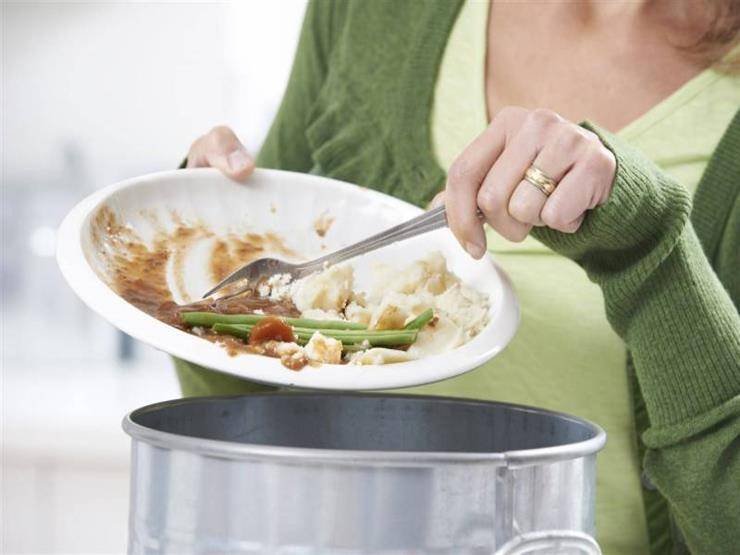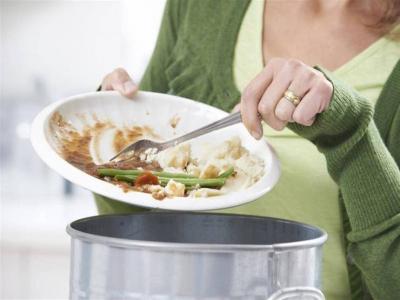It seems there is a better end for used food and food scraps than occupying space in landfills and increasing the destructive greenhouse gas effects on the climate and planet Earth. Scientists at the University of California have discovered that fermented food waste can enhance bacteria that promote crop growth, make plants more resistant to pathogens, and reduce carbon emissions from the farming process.
Deborah Pagliaccia, a microbiologist at the University of California who led the study, stated: "Beneficial microbes significantly increased when we added fermented food waste to the plant cultivation systems. When there is enough of these good bacteria, they can produce antimicrobial compounds and metabolites that help plants grow better and faster."
It is noteworthy that since the plants in this experiment were grown in a greenhouse, the benefits of food waste products were preserved in a closed irrigation system, where the plant roots received a new dose every time they were watered. Pagliaccia adds: "This is one of the key points in this study; we aim to create a sustainable cycle where we provide water by recycling it in a closed irrigation system and adding a product from food waste to help the crops every time we irrigate."
In fact, food waste poses a serious threat to the Earth. In the United States alone, as much as 50% of all food produced is discarded, and most of this waste occupies over 20% of landfill space in America. Moreover, this waste represents not only an economic loss but also a significant waste of freshwater resources used in food production, wasting what could feed millions of low-income people suffering from food insecurity.
To help combat these issues, a team of scientists at the University of California researched alternative uses for food scraps and examined the byproducts of two types of easily available waste in Southern California, such as beer mash, a byproduct of beer production, and mixed food waste discarded by grocery stores. During the study, both types of waste were fermented by the River Road Research Laboratory and then added to the irrigation system to water citrus plants in a greenhouse. Within 24 hours, the average number of beneficial bacteria was two to three times higher in the plants that received the products compared to those that did not, and this trend continued every time the researchers added these products.
Subsequently, Samantha Young, an ecologist at the University of California, San Francisco, studied nutrients like carbon and nitrogen present in the soil of treated crops. Her analysis showed a surprising increase in carbon levels after each treatment using waste products, indicating that beneficial bacteria used the available carbon to reproduce. Pagliaccia explained that this finding has implications for the growth of both bacteria and the crops themselves, adding: "If the waste byproducts can improve the carbon-to-nitrogen ratio in crops, we can utilize this information to undoubtedly improve production systems."
Another noteworthy result was that neither beer mash products nor mixed food waste showed positive tests for salmonella or other pathogenic bacteria, indicating that they would not introduce any harmful elements to food crops.




